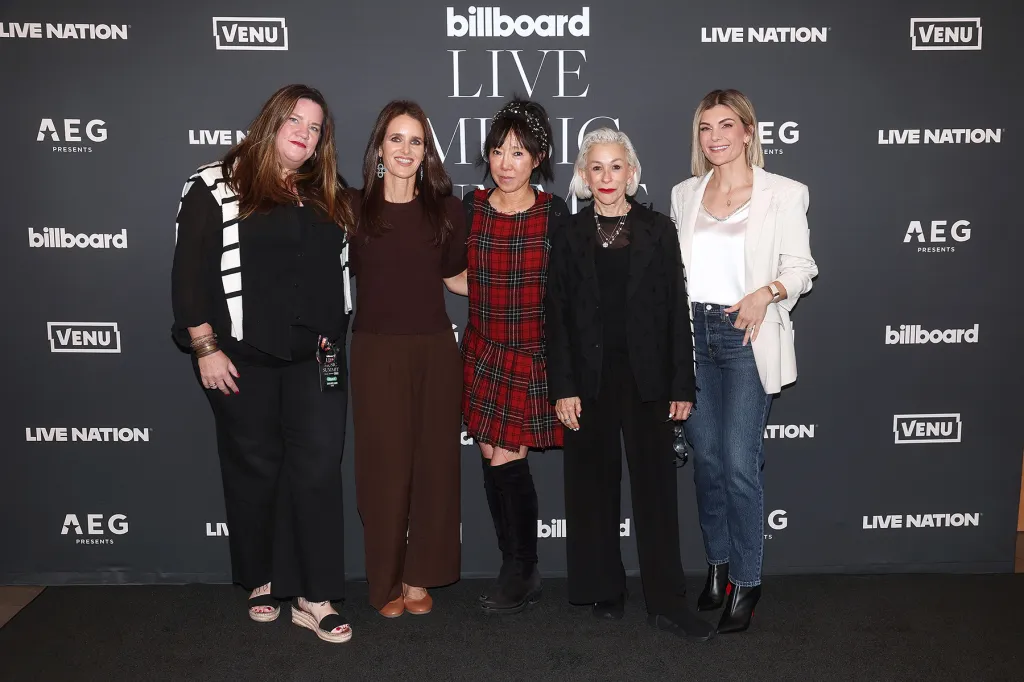Copyright Billboard

Agents Jenna Adler of CAA, Marsha Vlasic of Independent Artist Group, Sara Williams of WME and Elisa Vazzana of UTA took part in a conversation about the current challenges and trends in touring — and what it’s like being a female agent in 2025 — at the Billboard Live Music Summit on Monday (Nov. 3) in West Hollywood, California. In a panel moderated by Billboard editor-in-chief Hannah Karp, the four agents — who collectively represent artists including Green Day, Neil Young, Luke Combs and Megan Maroney — discussed the expansion of the micro-residency model as one of the ways the live business is likely to change over the next few years. Adler remarked that “micro-residencies are only going to get more and more expansive; micro-residencies meaning it’s no longer a 45-date tour across the country, it’s more like four or six markets and we’re going to do multiple days. I think it not only saves on costs, because it’s so expensive to tour these days, especially as a mid-level and young artist, that these micro-residencies actually really help curtail that.” Adler also noted that global touring is now a major priority for artists, “so as we’re planning 24-month calendars. I think that we’re looking at all of it and making sure there’s breaks in between and just really being mindful for the artist, because it’s grueling out there.” Vazzana noted that with this emphasis on global touring, it’s important for artists to grow their international fanbases earlier in their careers, as “it hurts a lot more when you have a much bigger team to go and try to do it then, than if you had just done it from day one and taken those incremental steps. I also think that international audiences really appreciate the early investment.” The agents also discussed the state of the glass ceiling for women agents. Vlasic, who began her career 40 years ago, when she was often the only woman in meetings, reflected that “there are more women in our business than ever. When I started out there were three. It has tremendously [improved].” “Learning form the past, being in rooms with women who have taught us to come into the room and bring another woman into the room and have those conversations,” is important, Williams continues, “because it’s not over. It’s much better, but it’s not over. The number of times we might be one of the only women on a screen or in the room is significant in this business, still.” “I feel like we’ve come such a long way, but there’s so much more to do,” added Adler. “We do belong in the room, and we have to advocate for ourselves, and we have to continue to advocate and fight.” “But you must do it,” said Vlasic. “You cannot expect to have the path laid for you; you have to create it yourself.” “Sometimes I just feel like we just have to continue to fight for each other and to be there and show up for each other,” Adler continues, “because as much as people try to pit us against each other, I just feel like we just need to be screaming and amplifying from the rooftops that we do belong in the room, because it’s systemic at times.” “I’ve always said that it’s not a disadvantage to be a woman, and I firmly believe that,” continued Vazzana. “I was raised by a dad who was like, ‘Get in there, do the job, be smarter than everyone else,’ and by the way, sometimes I maybe have to yell a little louder, but I don’t see that as a negative. I see it as a necessity, and if it helps move women forward, so be it.”



